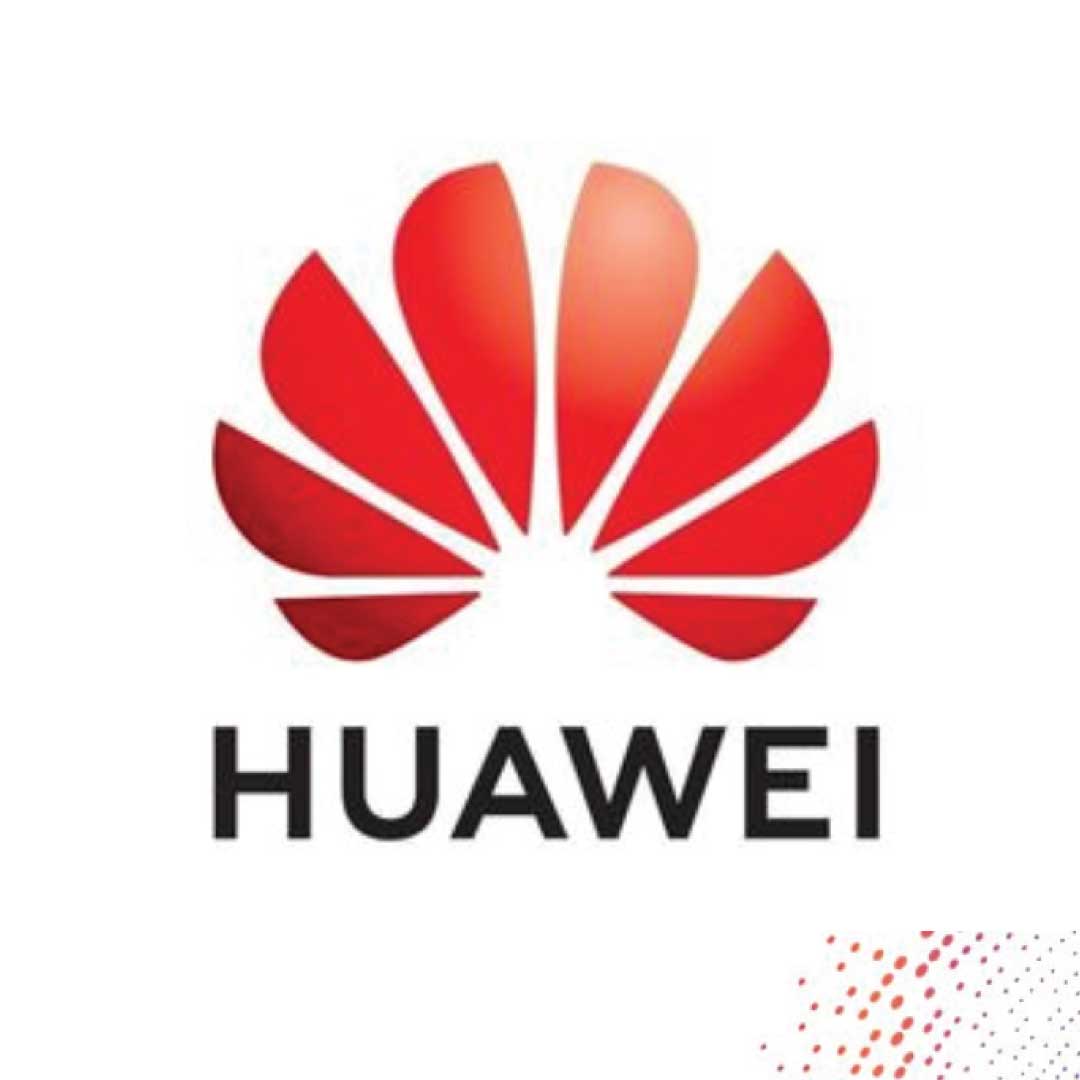In a strategic collaboration, Huawei Egypt’s Vice President of the Technology Sector and Chief Cybersecurity Officer, Mohamed Madkour, revealed the company’s concerted efforts with the Egyptian government. Their joint mission: advancing development and digital transformation objectives by introducing state-of-the-art technology across various sectors, including artificial intelligence (AI) and cloud computing. These technologies align closely with Egypt’s ambitious vision for 2030.
Madkour underscored the immense potential of the Egyptian market, teeming with growth prospects across diverse sectors currently undergoing digital metamorphoses. These sectors encompass transportation, ports, energy, and petroleum. Crucially, the bedrock of this digital transformation is robust technological infrastructure—an essential foundation that Huawei is actively helping to construct through collaborative ventures with several ministries and government entities. This infrastructure paves the way for comprehensive digital transformation across various domains.
With the technological groundwork laid, the focus now shifts to the establishment of potent data centers that will serve as the bedrock for hosting digital services. These data centers will integrate cutting-edge technologies such as artificial intelligence and cloud computing to elevate application performance and enhance digital services. Madkour emphasized the significance of aligning artificial intelligence services with the broader goals of development and the Fourth Industrial Revolution.
Read also: MTN Nigeria, Huawei partner to revolutionize education in Nigeria
Understanding the Fourth Industrial Revolution
Madkour debunked the myth that the Fourth Industrial Revolution merely revolves around mechanization, emphasizing that it encompasses the utilization of modern technologies like artificial intelligence. Achieving this revolution isn’t an insurmountable challenge; rather, it calls for a gradual, step-by-step approach. It demands mastery of the requisite skills and technologies in tandem with the revolution’s evolving demands.
The pivotal challenge extends beyond technology to nurturing a skilled workforce capable of effectively managing and leveraging technology. Madkour pointed to a concerning gap between the availability of trained human resources and the rapid evolution of technology. Some nations are already harnessing artificial intelligence for specific applications in sectors like transportation, ports, and mining, while others are still in the early stages of comprehension.
Madkour commended the Egyptian government’s forward-looking initiatives, notably the Digital Cubs of Egypt and the Builders of Digital Egypt, which focus on nurturing skilled professionals from a young age. This approach bears a dual benefit, aligning individuals with national development goals while also bolstering the national economy as these professionals gain opportunities to work abroad and generate foreign currency.
As Huawei Egypt partners closely with the Egyptian government, their combined efforts hold the promise of ushering in an era of digital transformation. This collaboration unlocks new avenues of opportunity and fosters innovation across sectors vital to Egypt’s future growth and development.
Why This Partnership Matters
Technological infrastructure, as Mohamed Madkour emphasized, forms the cornerstone of digital transformation. Without a robust and reliable foundation, the ambitious goals of achieving digital excellence and realizing the potential of artificial intelligence and cloud computing may remain out of reach. In this regard, Huawei’s collaboration with various government entities becomes a critical catalyst for propelling Egypt into a new era of technological advancement.
The implementation of state-of-the-art data centers further underscores the commitment to technological innovation. These data centers serve as the digital nerve centers, housing the latest in artificial intelligence and cloud computing technologies. By integrating these advanced solutions into the core of Egypt’s digital infrastructure, the nation can unlock unprecedented efficiencies, drive innovation, and enhance the delivery of services across sectors.
The transformative power of artificial intelligence cannot be overstated. It represents not just a technological leap but a paradigm shift in how industries operate and how services are delivered. Egypt’s journey toward the Fourth Industrial Revolution aligns with global trends, recognizing that embracing artificial intelligence is not a matter of choice but a necessity for staying competitive on the world stage.
However, the path to mastering these cutting-edge technologies is not without its challenges. As Madkour aptly pointed out, it is not merely about acquiring the tools; it is about having the skilled workforce to wield them effectively. Bridging the gap between technology and talent is essential, and initiatives like the Digital Cubs of Egypt and the Builders of Digital Egypt play a pivotal role in nurturing the next generation of tech-savvy professionals.
